It’s a phrase not usually associated with private equity, but it actually rings true for one China-based firm, Lunar Capital Management, where the theme is: keep things small.
The Shanghai-based Lunar has around $250 million in assets under management and is thinking about raising for a new fund to invest in Chinese companies, next year, said founding partner Derek Sulger. Rather than aim for the stars, Lunar will likely keep the fund at a more modest amount – around $200 million – the same size of its current second fund, he said.
“It makes you a better investor when there are capital constraints…in private equity, the scarcer the capital the more dear the deals,” he said, adding Lunar often co-invests in transactions alongside its limited partners, allowing the firm to target deals that may require heftier sums of funding.
Lunar typically invests $25 million to $100 million per deal, focused on consumer-related companies, and its second $200 million fund is just under half invested, Mr. Sulger said. Its existing limited partners largely hail from Europe and the U.S., and are primarily fund of funds, university endowments and family offices, he said, declining to provide names.
Lunar’s portfolio companies include Yeehoo Apparel, a baby clothing company, in which the firm invested around $100 million for a 60% majority stake, as well as the healthy beverage business Joysun, which the firm owns a 55% share having invested around $40 million. Exits include Beihai Perfuming Garden, a tropical fruit processor, which was sold via a trade sale.
The firm aims for a base case internal rate of return of 20%, he said.
With its focus on consumer companies, Mr. Sulger said Lunar is unfazed by the possibility of growth slowing in China. He noted that a slowdown is actually “beneficial” for private equity, moving away from being “cowboy-ish” market to a more mature market where there is more control of money, and a focus on investing in businesses with longevity and good brand awareness.
Lunar also sees investment opportunities from companies focused more on central and western China, in cities like Chengdu in the Sichuan province. Mr. Sulger said that within the next decade, China will see a growing middle class emerge from these areas.
“In the last decade, we saw a growing upper middle class emerge from cities like Beijing and Shanghai, which is why you see so many luxury brands like Gucci and Louis Vuitton [there]. However we also saw the poor become less poor, and they, in the next decade, will become the middle class.”

